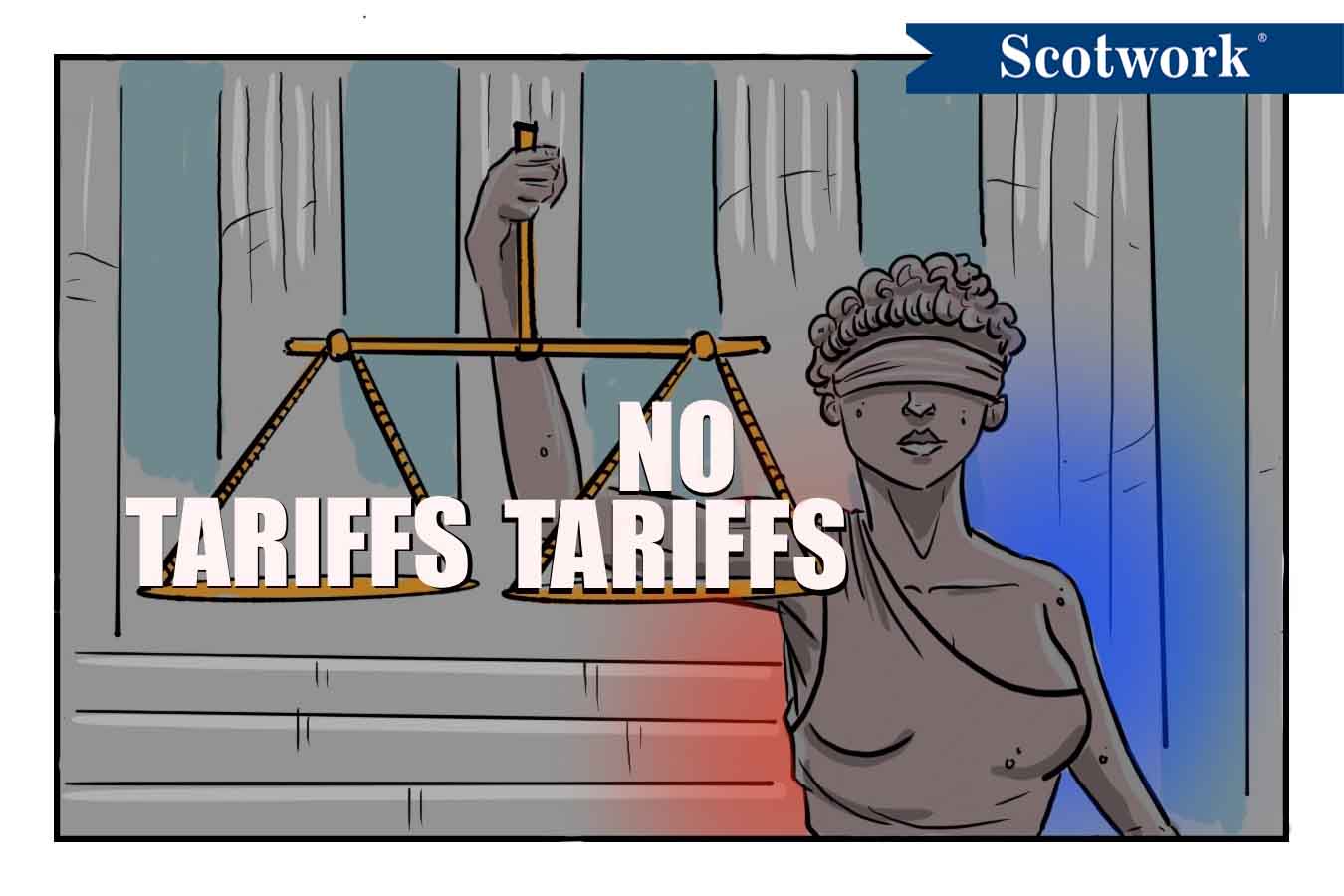The Supreme Court is about to start hearing arguments about a case that could reshape not just US trade policy, but the very way the United States negotiates with the world. On November 5, oral arguments begin over President Trump’s 2025 tariffs, imposed under the International Emergency Economic Powers Act (IEEPA). At stake: whether one person (the President) can unilaterally levy sweeping tariffs under the guise of a national emergency, or whether that power rests firmly with Congress.
This isn’t only a legal battle. It’s a negotiation about power itself — who controls the first move, who dictates the pace, and who sets the boundaries. For businesses, the ruling will define the environment in which they negotiate their own deals and partnerships.
If the Tariffs Are Upheld: Power in One Pair of Hands
Should the Court uphold the tariffs, it will cement the President’s authority to invoke national emergencies as a justification for broad trade measures and the following conditions:
- Shifts leverage in trade negotiations. Trading partners will face a single decision-maker who can act quickly, using tariffs as a blunt instrument. This may yield short-term concessions but risks escalating trade conflicts.
- Continues uncertainty for business. Supply chains and pricing structures could change overnight, making long-term planning difficult.
- Sidelines Congress. A diminished Congressional role means fewer checks and balances, reducing predictability.
Commercial contracts in a stable marketplace are based on long-term predictability, which facilitates many contracts written in the US and Canada. However, if that predictability goes away and businesses are at the whim of an individual, then contracts will need to evolve to manage potential volatility.
For business negotiators, the best response is to build flexibility into agreements. This could include shorter terms, contingency clauses, and multiple options that reduce vulnerability to unilateral action.
If the Tariffs Are Struck Down: The Return of Shared Authority
If the Court rules against the administration, it will signal that large-scale tariffs require Congressional approval.
- Predictability improves. Businesses gain stability as Congress moves slower and requires consensus.
- Trade negotiations get more complex. Instead of one decision-maker, foreign partners will contend with multiple US stakeholders: Congress, the White House, and various agencies.
- Refunds and redress. Importers may seek billions in tariff refunds, creating financial and legal ripple effects.
Stability and predictability have been the cornerstone of our marketplace. They’ve shaped how we do business, write contracts, and negotiate with each other. The return of shared authority could help maintain the status quo.
Business negotiators will not have to spend as much time on contingency planning. However, given the volatile path to this stability, broader dialogue and coalition-building on both sides of the table may be required to get deals across the finish line. Success will depend on mapping out stakeholder interests and patiently aligning them.
What This Means for Negotiators
Whichever way the Court rules, one lesson is clear: uncertainty is the only certainty. As such, the following should be implemented ’til there is a sharper view of tariff authority:
- Scenario planning. Anticipate multiple outcomes, like chess players who must think two or three moves ahead.
- Contingency contracts. Bake flexibility into agreements with price-adjustment mechanisms or alternative sourcing plans.
- Relationship management. Strong long-term relationships will help weather volatility, whether the US speaks with one voice or many.
The Court’s decision will reverberate through global trade and business negotiations alike. But while the justices weigh Constitutional power, negotiators should focus on what they can control: preparing for either outcome and adapting their strategies to thrive in shifting environments.
Because whether tariffs stand or fall, the real game is still about how you play the hand you’re dealt.
Negotiation Training and Consulting to Help You Manage Uncertainty.
Regardless of the Supreme Court’s ruling, rely on Scotwork’s 50 years of expertise to help you prepare for any outcome.

